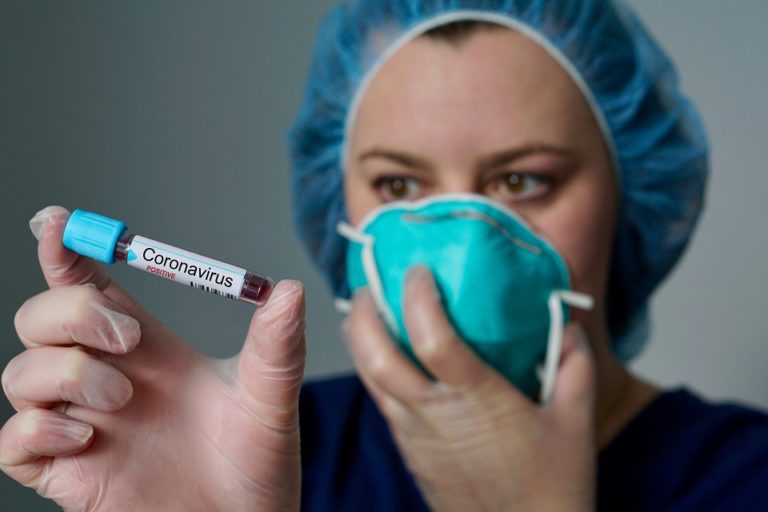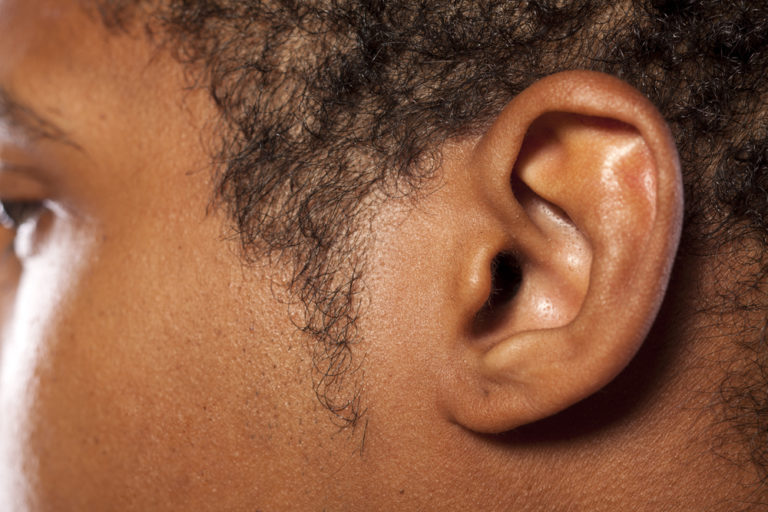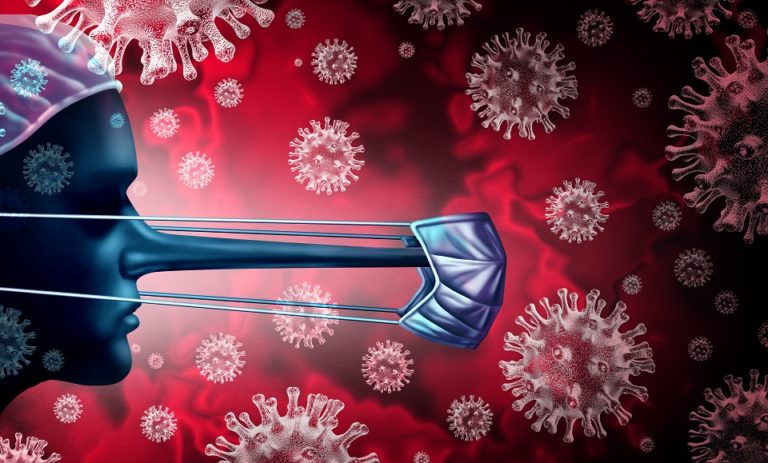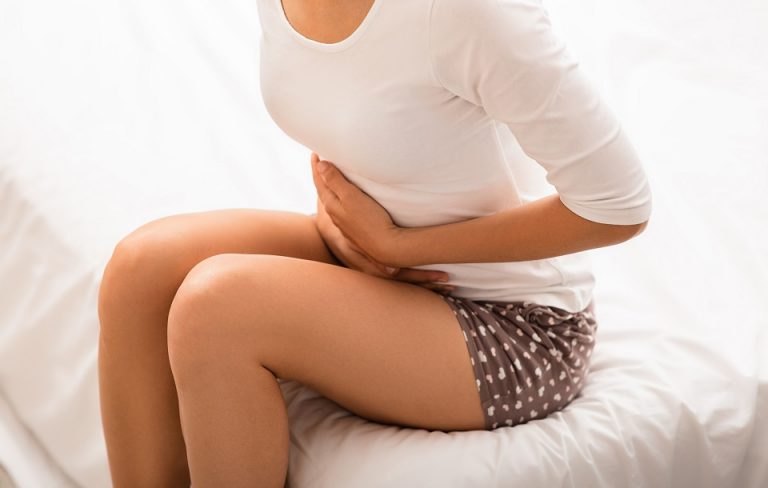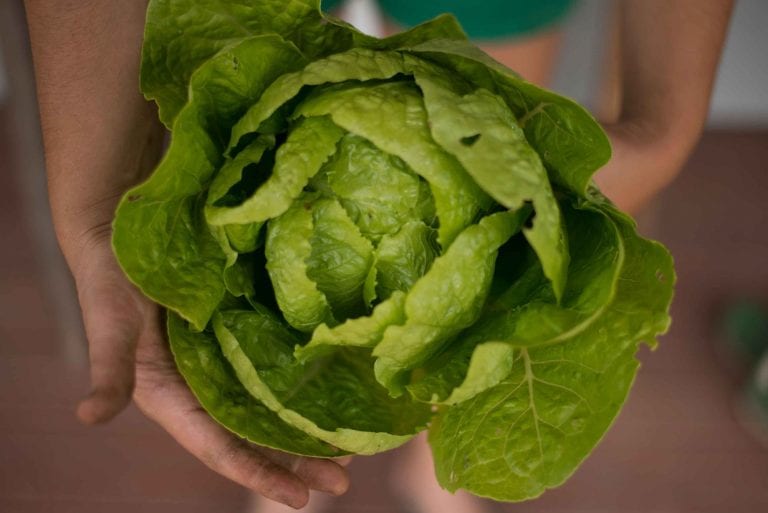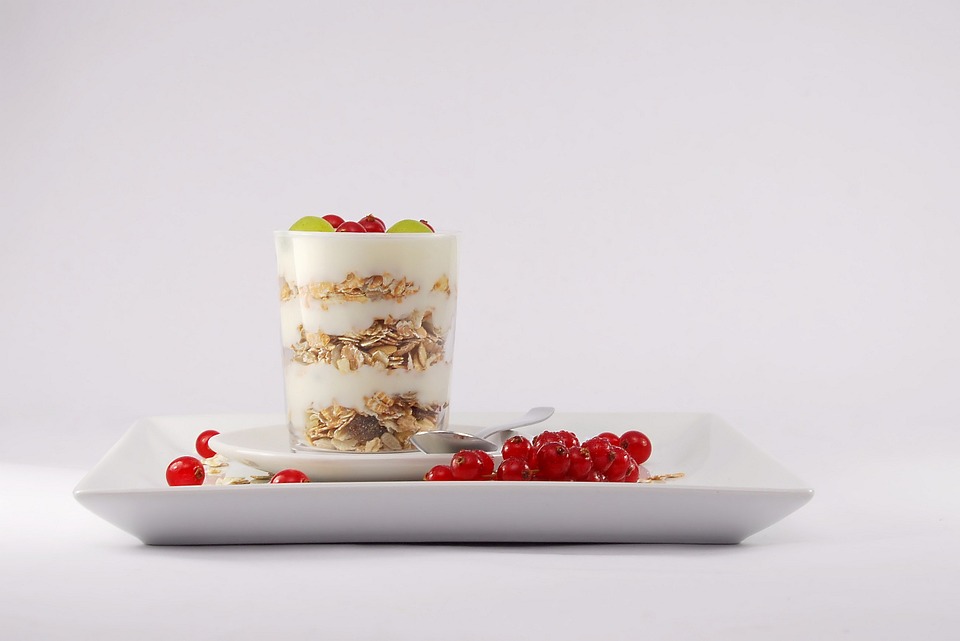
Probiotics are live micro-organisms that support healthy populations of bacteria in your digestive tract. When the balance of good and bad bacteria in your gut is off, you can develop diarrhea, constipation, bloating and other ailments. Probiotics help restore order in the gut, according to a new paper on probiotics in Frontiers on Microbiology.
But these microbes must be alive and you have to get enough of them to benefit, explains study author Gregor Reid, PhD, MBA, Director of the Canadian R&D Centre for Human Microbiome and Probiotics at Lawson Health Research Institute in London, Ontario, and past President of the International Scientific Association of Probiotics and Prebiotics (ISAPP).
The most common groups of probiotics include Lactobacillus and Bifidobacterium; some of the popular strains within these groups are L. acidophilus, L. bulgaricus, and B. bifidum. That sounds complex, but the names get even more confusing, often coming with numbers, letters, and other important identifying details.
So read carefully to make sure you’re getting the probiotics you want, warns Reid, who also the chief scientist of Seed. You’ll also want to be sure that the studies touting a probiotic actually tested people—and not just mice—he says.
There is evidence supporting the use of certain strains to treat or prevent some types of illness – check out the health benefits of probiotics!
Probiotics can help traveler’s diarrhea
The Guideline for the Prevention of Travelers’ Diarrhea by the International Society of Travel Medicine now recommends the use of probiotics to prevent or treat traveler’s diarrhea. Reid says the group also included research on prebiotics, which feeds good bacteria. Good prebiotic foods include garlic, onions, leeks, asparagus and other healthy veggies that contain loads of fiber.
Probiotics may help treat stomach bugs in kids
Although two widely publicized studies in the New England Journal of Medicine—one in the United States and the other in Canada—found that probiotics did little to help treat a severe stomach bug in kids, Reid believes the results need interpretation: “The children in these studies were already too sick to see a real benefit from probiotics”.
“They went to an emergency department and received probiotics on day three of their sickness. Nothing but rehydration can help at that point.” Starting the probiotics sooner could have made the difference, he says.
Probiotics can shorten the common cold
Colds can last up to ten days, but probiotics can shorten the time you feel lousy, Reid says. In one study, people who took probiotics cut the time they spent sick by two days—and their symptoms were 34 per cent less severe.
What’s more, students missed fewer school days when they took probiotics. The strains in this study were a type of L. rhamnosus and a form of B. animalis. “This means that you can go back to work on Friday instead of missing a whole week if you take probiotics to treat or prevent colds,” Reid says.
Probiotics can protect preemies
Many premature infants can develop a serious intestinal disorder in the neonatal intensive care unit (NICU). “When babies are born prematurely, they do not have beneficial bacteria in their guts, but when probiotics are introduced through feedings, the baby will get the good bacteria and not get this deadly infection—it’s called necrotizing enterocolitis,” Reid says.
“We have introduced this in our NICU and rates of necrotizing enterocolitis are almost undetectable.” Helpful strains include B. breve HA-129, L.rhamnosus HA-111, B. Bifidum HA-132, B. infantis HA-116, B. longum HA-135, he says.
Probiotics can help reduce cholesterol
Probiotics can lower levels of cholesterol, a major driver of heart disease, Reid says. “The results are not as dramatic as seen with cholesterol-lowering drugs such as statins. But statins tend to have a lot of side effects including muscle wasting,” he says.
Probiotics don’t have any side effects. A review of 15 studies found that, on average, Lactobacillus probiotics reduced both total cholesterol and “bad” LDL cholesterol levels, and that two types of Lactobacillus probiotics, L. plantarum and L. reuteri, were particularly effective.
Probiotics are not a panacea for high cholesterol by any stretch, and if cholesterol levels are a concern, you need to watch your diet.
Probiotics can help treat BV
Certain strains of probiotics namely L. rhamnosus GR-1 and L. reuteri RC-14 may reduce the incidence of bacterial vaginosis (BV), an infection that occurs when there is an overgrowth of certain bacteria in the vagina.
Untreated, BV can increase the risk of sexually transmitted diseases. BV is treated with antibiotics, and studies have shown that probiotics are helpful when taken with the antibiotic tinidazole. Reid says that research on vaginal probiotic tablets and capsules may improve on the treatment of bacterial vaginosis.
Probiotics can help prevent antibiotic-associated diarrhea
There is evidence suggesting that taking the right probiotics—including such strains as Saccharomyces boulardii or Bio K+ L. acidophilus CL1285, L. casei LBC80R, L. rhamnosus CLR2—may lower the risk of developing antibiotic-associated diarrhea.
One study found that BIO-K+ can prevent and reduce the severity of diarrhea in people receiving antibiotic therapy in a hospital setting, he says.
Probiotics may help strengthen bones
Everyone’s bones get weaker as we get older, and that increases the risk of fractures and the brittle bone disease called osteoporosis. Probiotics such as L. reuteri may reduce bone loss in older women with low bone mineral density, suggests research.





